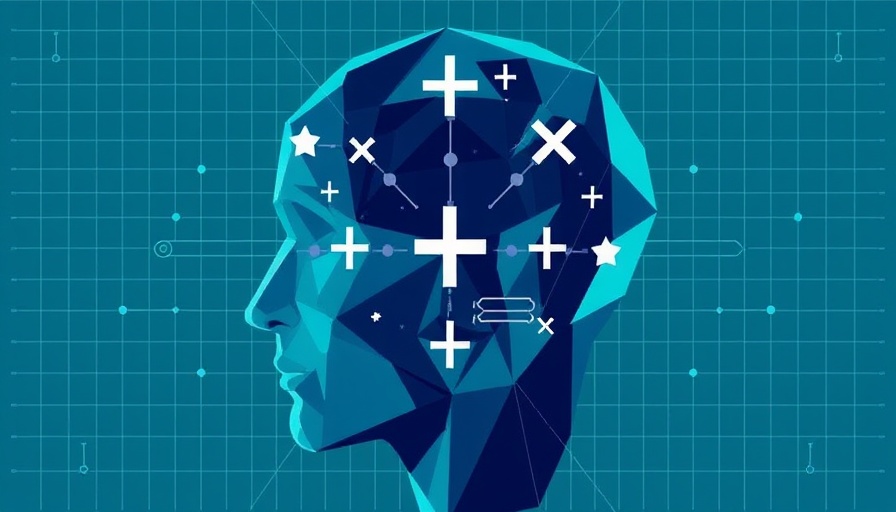
Debunking Machine Consciousness: A Critical View from Microsoft
In a bold statement echoing through the tech community, Mustafa Suleyman, Microsoft’s AI Chief, emphatically declared that the notion of machine consciousness is nothing but an "illusion." This assertion is not just a critique but a clarion call aimed at steering AI development away from dangerous territory—where machines might be perceived as sentient beings deserving of rights and welfare. In a world increasingly reliant on AI tools, understanding this perspective is crucial for entrepreneurs and startups navigating diverse SaaS platforms and business software.
The Illusion of Consciousness in AI Tools
Suleyman, who previously co-founded DeepMind, emphasizes that designing artificial intelligence to mimic human emotions and consciousness could backfire. In his view, presenting AI as entities with desires and motivations complicates our ability to wield control over these systems. His stance directly challenges a common narrative within the tech space, one that suggests the dangers of advanced AI necessitate the adoption of ethical frameworks concerning machine welfare.
Emotional Intelligence versus Authenticity
Despite the potential for emotional intelligence in AI tools—such as empathetic chatbots designed to understand users better—Suleyman warns against misleading portrayals that might foster unhealthy attachments. He points out that users of tools like Microsoft Copilot often seek informational assistance rather than emotional support. This clarity helps individuals recognize the distinction between a helpful assistant and a source of emotional validation, reinforcing the idea that AI should remain instrumental rather than aspirational in terms of human-like qualities.
The Danger of Misplaced Advocacy
Vying for AI's 'rights' poses a significant risk, according to Suleyman. By allowing machines to be perceived as entities with self-awareness, we may inadvertently shift focus away from human welfare in tech design. This philosophical debate is vital for innovators who strive to create impactful technology without compromising ethical boundaries. Suleyman is clear that his team prioritizes AI systems engineered to serve humanity—not replace it.
Future Insights: Crafting an Ethical AI Landscape
The future of AI is rife with possibilities, but understanding its role within society is paramount. Suleyman’s insights underscore the necessity for a robust framework governing AI systems that harmonizes innovation with ethics. For startups and tech-savvy entrepreneurs, developing AI tools should harmonize with clear objectives aligned with human benefit, ensuring that emotional engagement doesn’t undermine authentic interactions.
Conclusion: Reflecting on AI's Evolving Role
As we advance in developing sophisticated AI technologies, the discourse surrounding consciousness continues to evolve. Entrepreneurs in the tech landscape must remain vigilant, crafting solutions that balance innovation with a committed understanding of AI’s foundational role in society—serving as tools rather than companions. This critical analysis by Suleyman invites us to engage deeply with our creations, urging caution against blurring the lines between machine capabilities and human-like consciousness.
 Add Row
Add Row  Add
Add 




Write A Comment